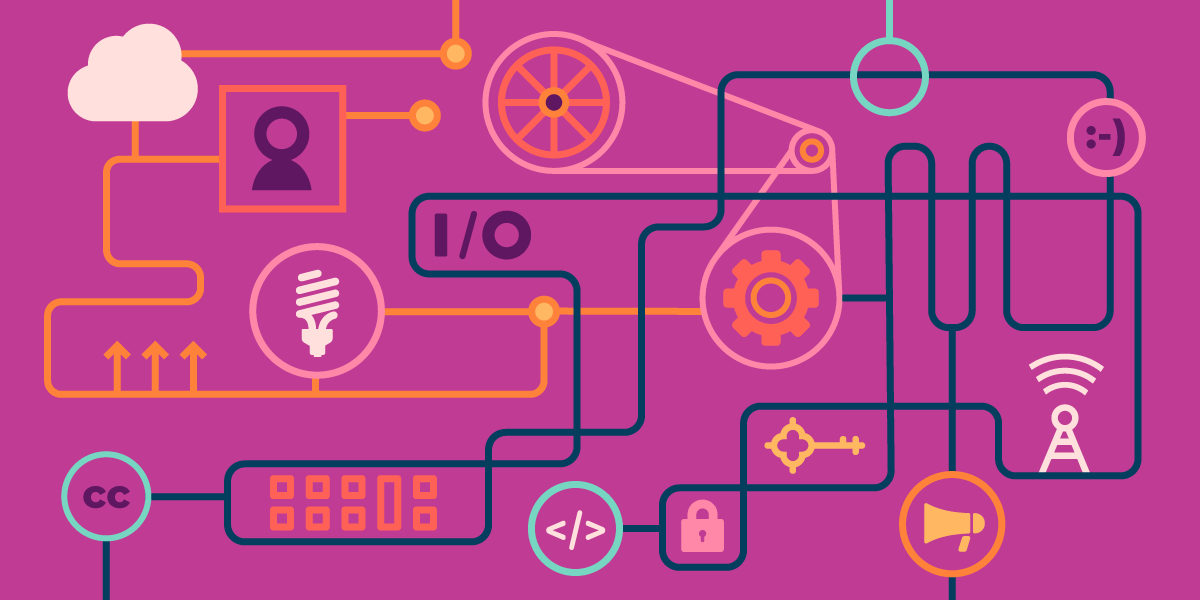
The Biden broadband plan set aside $100B to build out universal fiber; that number was way too low (it was derived from the fraudulent broadband maps the monopoly telcos produce).
cnet.com/features/milli…
1/
cnet.com/features/milli…
1/

The true figure is much higher ($240B!), and ::sad trombone:: the GOP whittled Biden down to $65B. It's easy to see this as the GOP stabbing its rural base in the back (and yup, that's what they're doing), but there's a LOT of urban broadband deserts.
blogs.microsoft.com/on-the-issues/…
2/
blogs.microsoft.com/on-the-issues/…
2/
Apologists for shitty broadband - and Musk cultists who insist that we can provide high speed broadband with satellites that all share the same, contested spectrum, physics be damned - say the US's terrible internet is due to its vast open spaces, too spread out to wire up.
3/
3/
City dwellers are THREE TIMES MORE LIKELY to lack broadband access than their rural counterparts. This isn't due to the bad economics of rural broadbandification, it's due to structural racism and monopoly.
brookings.edu/blog/the-avenu…
4/
brookings.edu/blog/the-avenu…
4/
Writing in @wired, Bhaskar Chakravorti calls our attention to Detroit, Philadelphia, and Cleveland, racially segregated cities where redlining - the US government's racist policy of excluding Black people from home ownership - casts a long shadow.
wired.com/story/opinion-…
5/
wired.com/story/opinion-…
5/
These cities have 14-point gaps between Black and white broadband access, part of a wider digital divide that includes gaps in participation in high-paid tech jobs and in the impact of the pandemic recession.
nces.ed.gov/programs/coe/i…
6/
nces.ed.gov/programs/coe/i…
6/
In Detroit, residents are "building their own internet...block by block" - trying to fix a city where 40% of the residents have no broadband options and the rest are on aging AT&T copper clunker infrastructure, sold at monopoly Cadillac prices.
thehill.com/changing-ameri…
7/
thehill.com/changing-ameri…
7/
It's great to see communities seizing the means of computation, but as @karlbode writes for @techdirt, @thehill's coverage has a glaring omission: any mention of the abusive AT&T monopoly and its role in starving Black communities of digital access.
techdirt.com/articles/20210…
8/
techdirt.com/articles/20210…
8/
Let's be clear: everyone's internet sucks because of America's greedy, complacent telecoms monopolies, but minority communities suffer disproportionately under this system. #DigitalRedlining is the successor to real-estate redlining.
digitalinclusion.org/blog/2017/09/0…
9/
digitalinclusion.org/blog/2017/09/0…
9/
Digital Redlining is when your monopoly carrier won't upgrade your service - or offer it at all - because you're too poor to complain effectively. That's what's up when your internet costs more and is slower than the service across the street:
pluralistic.net/2021/06/07/fir…
10/
pluralistic.net/2021/06/07/fir…
10/
As Bode writes: our broadband deserts and digital divide are an active policy choice: "the direct result of 25 straight years of prioritizing the interests of regional monopolies, and coddling giants like Verizon, AT&T and Comcast."
11/
11/
"It's the direct result of signing off on mindless consolidation and harmful megamergers. It's the direct result of choosing not to embrace pro-competition policies."
12/
12/
"It's the direct result of repeatedly neutering telecom regulatory oversight under the (false) promise this somehow results in telecom Utopia (despite 25 years of evidence this isn't true)."
14/
14/
America is a rich nation, but not a great one. A great nation would secure for every resident the shelter, food, education, healthcare AND broadband that are needed to be a full participant in society.
15/
15/
America once found political will for universal electrification and universal telephone service. Those were great moments in the nation's history. Biden's timidity - $100b to fill a $240b hole - and the GOP's miserliness stand in the way of finding that greatness again.
eof/
eof/
ETA - If you'd like an unrolled version of this thread to read or share, here's a link to it on pluralistic.net, my surveillance-free, ad-free, tracker-free blog:
pluralistic.net/2021/06/10/fli…
pluralistic.net/2021/06/10/fli…
• • •
Missing some Tweet in this thread? You can try to
force a refresh










